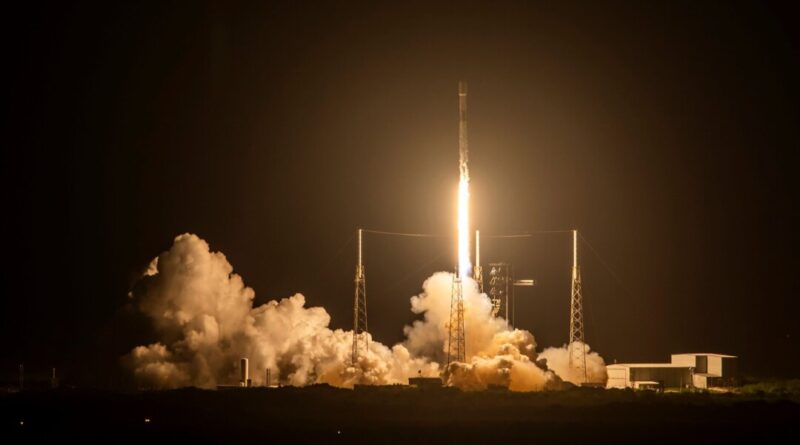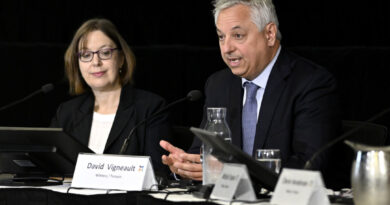EU Approves $11 Billion Satellite Network to Compete with Musk’s Starlink
The system will ensure Europe retains connectivity ‘even in a hostile environment,’ an EU official said.
The European Union is developing a competitor to Elon Musk’s Starlink satellite system and similar networks, aiming to strengthen regional security through a satellite communication network that ensures uninterrupted access to “secure governmental connectivity services while also providing high-end commercial services,” according to the European Space Agency.
“If I had agreed to their request, then SpaceX would be explicitly complicit in a major act of war and conflict escalation,” Musk said last year.
“In times of crisis, we cannot afford to be too dependent on countries or companies from outside the European Union,” he said in a Dec. 16 statement. “IRIS² will bring us the resilience and autonomy we so badly need. In times of war, we cannot afford to lose connectivity. Ukraine teaches us that tragic lesson every day. In Ukraine on the battlefield when connectivity fails, lives are lost. In Ukraine, when Russian forces disrupt Ukrainian signals, Ukrainian soldiers die, civilians die—men, women and children.”
IRIS² is expected to give Europe connectivity “even in a hostile environment,” allowing communication lines to remain open even when hostile actors jam them or carry out cyber attacks, he said.
Multinational Satellite Constellations
Multiple nations are trying to develop their own satellite systems. In August, China launched a batch of 18 satellites as part of the Spacesail constellation which is expected to have surveillance capabilities.
Launched by state-controlled Shanghai Yuxin Satellite Technology Company, the Spacesail is projected to have a total of 14,000 satellites in its network.
Earlier in 2022, Chinese military researchers said Starlink posed “potential dangers and challenges” to the communist regime and called for developing countermeasures “to disable some Starlink satellites and to disrupt the constellation’s operational system.”
After considering Musk’s Tesla investment in China, which presents a conflict of interest, as well as his decision to deny Ukraine the use of Starlink for a strike on Crimea, Taiwan chose to proceed with the British company OneWeb.





